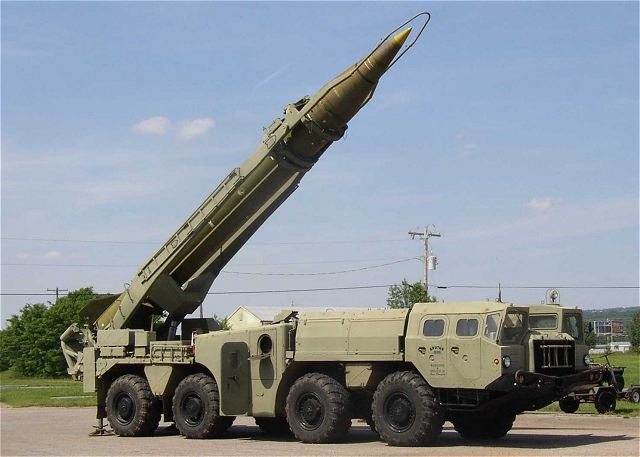As the battle to capture Sirte from the grips of Khalifa Haftar’s Libyan National Army commences, several weapon systems are being rushed into the Libyan battlefield.
For the past few months, forces of the United Nations recognized authority in Tripoli, the Government of National Accord (GNA) has been making significant gains in back rolling the LNA from its southern stronghold.
Several strategic locations have since been captured from Haftar’s forces including key air base like the al-Watiya base, and a plethora of military equipment seized.
The recent GNA gains on the battlefield prompted Russia, a strong ally of Khalifa Haftar to deploy MiGs and Sukhoi combat jets to Libya. These combat jets deployed earlier this month are already conducting air interdiction missions against GNA’s convoys.
To provide a measure of air defense, GNA forces have been supplied with man portable air defense systems (MANPAD), photographs released on social media by GNA fighters on Saturday 28 June, shows what appears to be newly delivered Chinese QW-18 MANPADs still in crates.
The QW-18 MANPADs will provide basic air defense cover for advancing troops as the GNA is currently preparing to assault LNA positions in Sirte. The QW-18 MANPADS is a potent all-weather missile system designed to protect ground forces from low level enemy attacks.
Roughly similar in appearance and capabilities with the US Stinger, it is believed that China offered Colonel Ghadafi the QW-18 missiles, with the U.S. estimating to be as many as 20,000. The QW-18 MANPAD has an operational range of 500-5000 meters, it can bring down most aircraft flying within that range.
Likewise, to bolster its defenses positions in Sirte, Haftar’s forces have been seen transporting several SCUD ballistic missiles, a video footage recently released by the GNA appears to show a number of the ballistic missiles heading towards the frontlines.
The SCUDs are Russian-made, tactical ballistic missiles. It can be fitted with a conventional, high explosive, fragmentation, chemical, or an 80 kilotons nuclear warhead.
They were likely salvaged from late Ghadafi’s stock, in 1970, Libya acquired Scud-B and Frog-7 missiles from the Soviet Union. Then, Libya had in its possession 80 Scud-B SRBM TELs and 40 FROG-7 artillery rockets TELs. It is believed that Libya had at least three times as many missiles as launchers, although, most were destroyed during the NATO intervention in 2011.
In August 2011, Muammar Gaddafi’s forces fired a Scud ballistic missile for the first time against anti-government forces at Brega. Launched from Sirte, however, the Scud landed harmlessly in the Libyan desert 80km outside the port of Brega.
Although, Libyan Scud-B had a range of 800km, it is notoriously inaccurate with a Circle Error of Probability (CEP) of 450 meter depending on various factors, this could pose a serious threat to population centers as collateral damage is likely to occur.
Despite a UN embargo in place, warring parties in Libya are still being supplied with weapons, with the recent Russian intervention raising concerns about an escalation of the conflict.
For years, Sirte, has been the center of several conflicts since the second world war, more recently, in 2011, Sirte was the scene of the last battle of the first Libyan Civil War. When the National Liberation Army attacked forces loyal to Muammar Ghaddafi on the Gulf of Sidra, the designated capital of Sirte. The battle marked the collapse of Ghadafi’s four-decade regime.
Also, the second battle of Sirte took place in the spring of 2016 between the Islamic State of Iraq and the Levant (ISIL) and forces of the Government of National Accord (GNA) to recapture Sirte from ISIL forced. Largely described as ISIL’s last stand in Libya, the fierce battle resulted in a major GNA victory, with the GNA taking complete control of the city in December 2016.
More recently, enboldened by recent battlefield gains and a withdrawal by the LNA from around Tripoli, the GNA launched the operation Paths to Victory to take Sirte and al-Jufra on Saturday.
“We will enter Sirte. This isn’t a battle for cities like Tripoli or Sirte. It is a fight for Libya, for freedom and democracy,” Abdelmenaam al-Draa, a military spokesman, told Al Jazeera. “We will continue east until we liberate all of Libya from the war criminal Haftar.”



